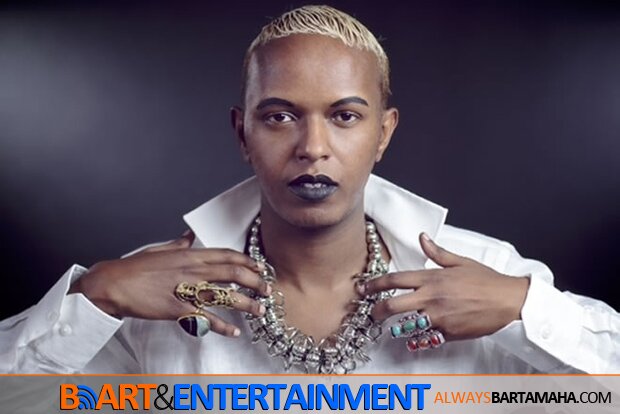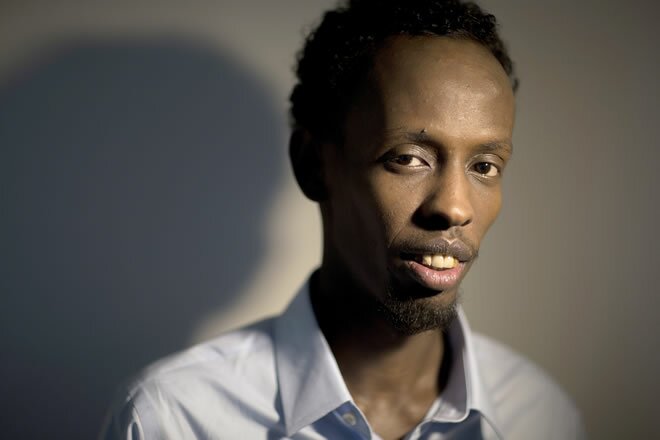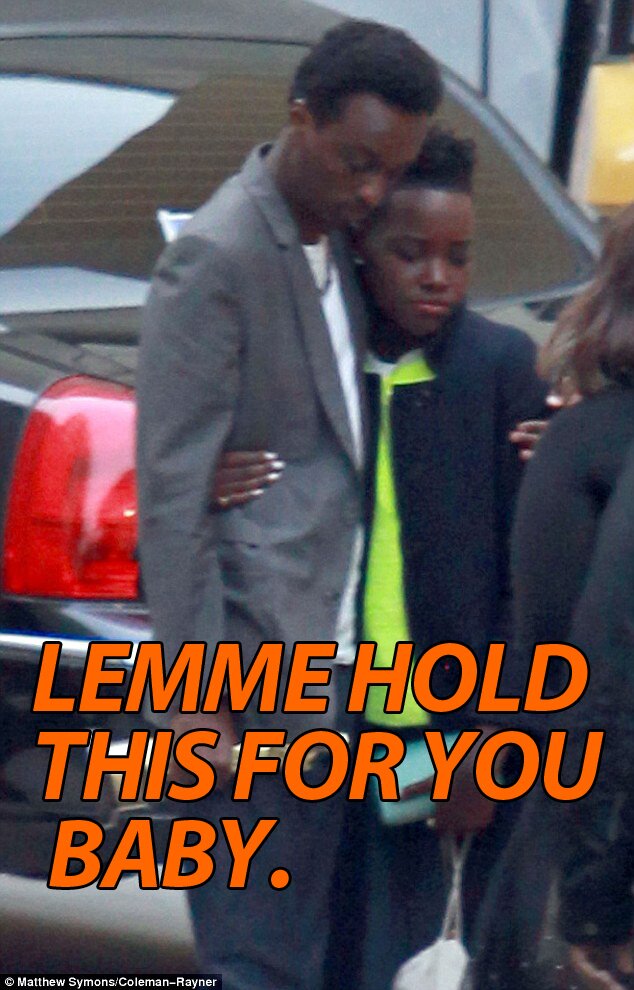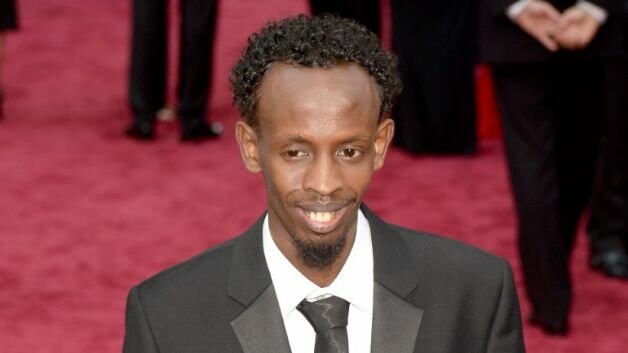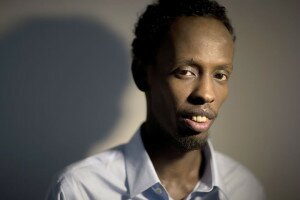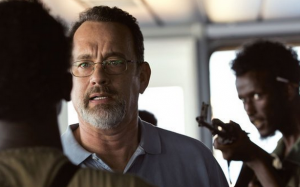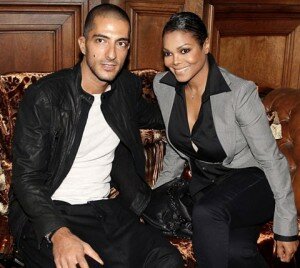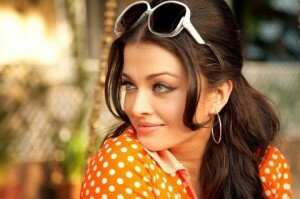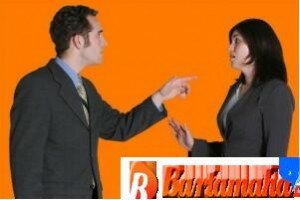Michael Jackson’s Doctor Charged with Involuntary Manslaughter
LOS ANGELES — Nearly eight months after Michael Jackson died suddenly, his personal physician was charged Monday with involuntary manslaughter for providing him with a powerful anesthetic that was ruled a major factor in his death.
The filing of the charges capped an investigation that revealed Mr. Jackson’s heavy reliance on narcotics, including propofol, an anesthetic normally used in surgery but administered to Mr. Jackson, 50, as a sleep aid.
The doctor, Conrad Murray, a cardiologist with offices in Houston and Las Vegas, had acknowledged giving Mr. Jackson the drug shortly before the singer was found unconscious on June 25 in a rented mansion here, according to police affidavits. The coroner determined that Mr. Jackson had died from “acute propofol intoxication,†combined with other sedatives.
Dr. Murray, 56, who arrived in Los Angeles last week trailed by paparazzi, has maintained through his lawyer that nothing he gave Mr. Jackson should have caused his death.
If convicted, he faces a possible maximum four-year state prison term.
Dr. Murray arrived at the Airport Courthouse here shortly before his arraignment was scheduled to begin, at 1:30 p.m. Pacific time, escorted by lawyers and sheriff’s deputies and without handcuffs. At least 24 television trucks and journalists yammering in a multitude of languages were awaiting his arrival, along with a smattering of fans, some bearing signs “Justice for Michael.†A Jackson impersonator did his moves, sometimes prompted, sometimes not.
About an hour earlier, some members of the Jackson family had arrived in S.U.V.’s. Mr. Jackson’s father, Joseph — in sunglasses, a black suit and fedora, and red tie — paused by the curb, waiting for the others. Jermaine Jackson, the singer’s brother, and his wife, Halima Rashid, held hands as they walked toward the doors, followed by his sister, La Toya, in a bright pink blazer.
The family members were escorted by five sheriff’s deputies, who then clustered by the entrance as they funneled in.
The charge came after a week of negotiations between Dr. Murray’s lawyers and prosecutors that one of his lawyers said bogged down over whether Dr. Murray should be handcuffed and arrested, as opposed to surrendering at a courthouse in a more low-key way.
The investigation revealed a tantalizing, behind-the-scenes glimpse of Mr. Jackson, who, while being the best-selling recording artist of all time, zealously guarded his privacy. He was on the verge of a comeback tour at the time of his death.
The charge came during a resurgence of Mr. Jackson’s popularity, which had waned in recent years after accusations that he molested teenage boys during their overnight visits to his Neverland Ranch near Santa Barbara.
He was acquitted of child molestation charges in 2005, but, along with growing intrigue over his ever-changing appearance and bizarre behavior, the charges left a stain on his reputation, and he never recovered the adulation he enjoyed at the pinnacle of his career when the 1982 album “Thriller†became the best-selling album of all time.
Still, Mr. Jackson seemed to find new and renewed fans after his death. He was the best-selling artist of 2009, and a film, “Michael Jackson’s This is It,†made from recordings of rehearsals for his final concert tour planned for London and other material, has grossed nearly $260 million worldwide. His children, Prince Michael, 12, and Paris, 11, received a sustained standing ovation when they appeared at the Grammy Awards last month in Los Angeles to accept a lifetime achievement award on their father’s behalf.
Jackson family members have suggested in television interviews that doctors contributed to his death; the singer had several give him medication for a variety of complaints over the years.
Dr. Murray, according to police affidavits, was administering propofol to Mr. Jackson — the singer called it his “milk†— to help him sleep on the morning of June 25. Dr. Murray said he left the room for approximately two minutes to make a telephone call and found Mr. Jackson had stopped breathing when he returned.
Efforts to revive Mr. Jackson at the house and a hospital were not successful, and the investigation of his death quickly focused on the drugs he was taking.
Dr. Murray had no previous brush with celebrity until he began working as Mr. Jackson’s personal physician in May, after meeting him through an acquaintance in Las Vegas.
He was promised $150,000 a month and had planned to accompany Mr. Jackson on his comeback tour, 50 concerts in London that were scheduled for July 2009 through next month.
Over the past seven months, as law-enforcement officials leaked potentially damaging details of Mr. Jackson’s conduct to the news media, Dr. Murray remained largely out of public view but struck back with a videotaped statement asserting that he did nothing wrong. Previous patients offered glowing reports of his care, and there was no record of malpractice suits.
But his personal life was somewhat tangled. He has been plagued with unpaid debts, delinquent taxes and lawsuits from creditors, legal records show. He has fathered at least seven children with six women over the years, most out of wedlock, according to a deposition he gave in a 1998 paternity suit in San Diego, and a California birth record for his youngest child, who was born in March. And he was sued several times for unpaid child support.
Looking ahead to the trial, Jean Rosenbluth, a law professor at the University of Southern California, said celebrity cases always pose some risk to prosecutors if jurors do not disclose some hidden bias for or against the entertainer. But the defense will also have to explain why Dr. Murray was giving Mr. Jackson such a powerful narcotic outside of its normal use and justify his leaving during its administering.
Both sides, she said, would probably marshal experts to buttress their points, “and when you have that duel, jurors might cancel them out.â€
Comments
comments
 Calendar
Calendar






